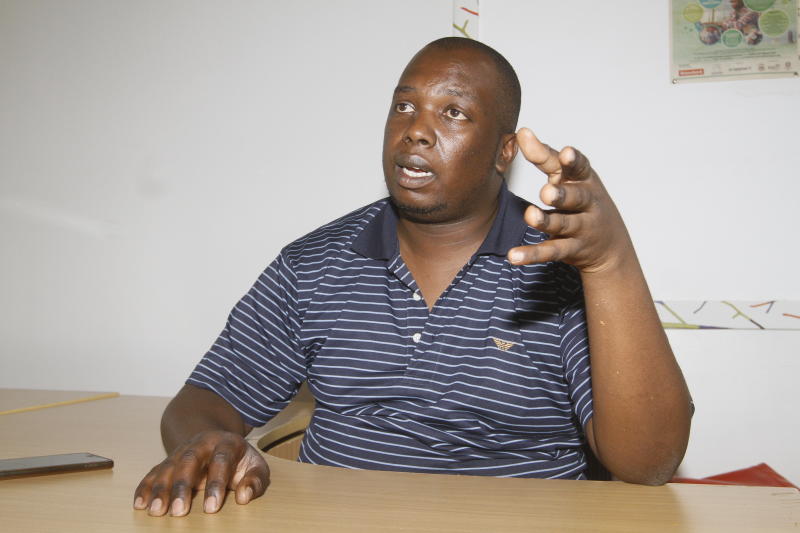×
The Standard e-Paper
Fearless, Trusted News

Alex Musembi makes cash where most see trash.
For close to five years now, Alex has been rummaging through waste collection points looking for used clothing, fabric and footwear, which he recycles into items for sale.